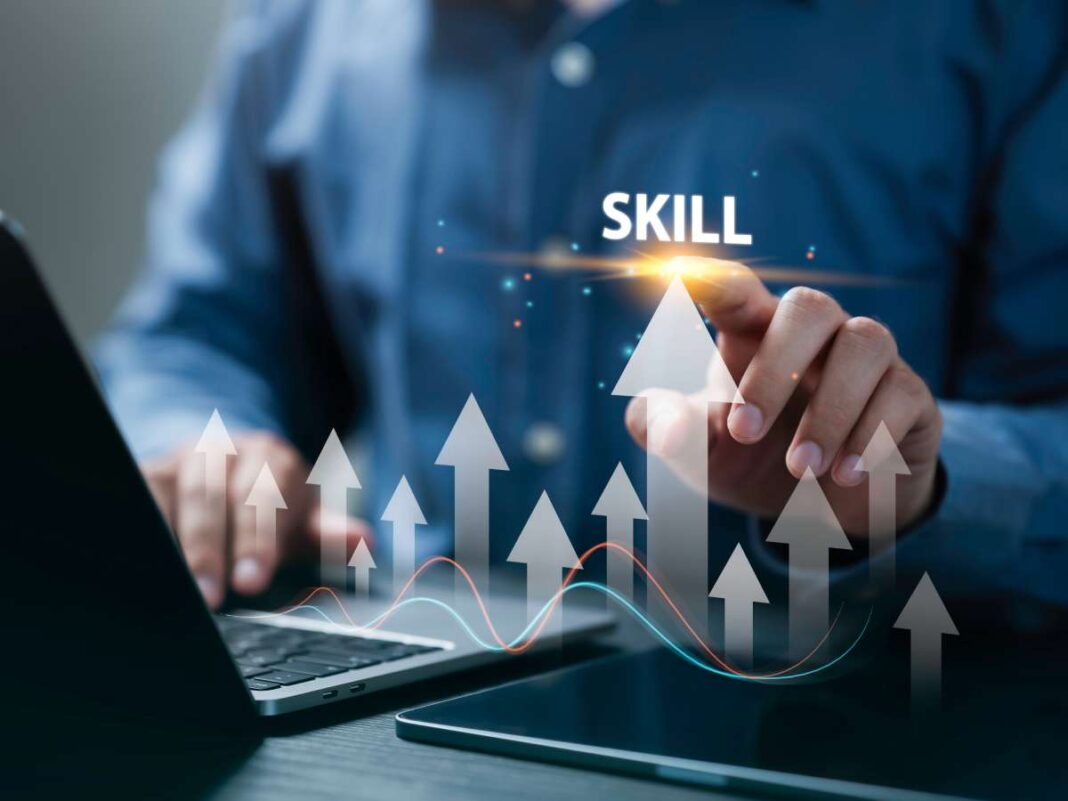In an increasingly digital and dynamic world, preparing students for the future workplace goes beyond traditional academic knowledge. Today’s employers seek individuals equipped with 21st-century skills, a set of abilities essential for success in the modern economy. These skills include collaboration, critical thinking, creativity, communication, and digital literacy, all of which empower students to navigate the complexities of a rapidly transforming society.
The Four Cs of 21st Century Skills
At the core of 21st-century competencies are the Four Cs: Critical Thinking, Creativity, Collaboration, and Communication. These skills are considered the cornerstones of modern success, both personally and professionally.
Critical Thinking
Critical thinking involves solving problems, analyzing information, and adopting skepticism to differentiate fact from opinion. During a time when misinformation is prevalent online, students must develop the ability to seek truth and verify claims. By honing their critical thinking skills, they become independent and purposeful thinkers capable of navigating a complex information landscape. Sharing this skill fosters collective learning and builds a community of engaged, independent thinkers.
Creativity
Creativity centers on thinking outside the box to develop solutions and view problems from multiple perspectives. Contrary to the notion that creativity is innate, it can be cultivated through new challenges, organizational thinking, and experimentation. Embracing creativity inspires innovative approaches, even in non-artistic disciplines, and fosters robust problem-solving abilities. Failures become part of the creative process, encouraging students to challenge conventional norms and explore unconventional paths.
Collaboration
Collaboration focuses on teamwork to achieve collective goals, preparing students for work scenarios where cooperation is vital. Through collaborative efforts, students learn to address problems, propose solutions, and navigate differing perspectives within groups. They appreciate their unique contributions, gain confidence in presenting ideas, and foster a supportive environment for diverse voices.
Communication
Effective communication involves conveying ideas in ways that others can understand, both verbally and textually. Emphasizing clarity and audience engagement is crucial for avoiding misinterpretation, especially in text-based communication like emails and social media. By developing strong communication skills, students can make impactful connections and share ideas efficiently in personal and group interactions.
The Importance of 21st Century Skills
Graduates today face the pressures of digital transformation, emerging technologies, and changing corporate landscapes. To succeed, they need abilities that adapt to rapid technological advancements and modern workplace requirements. These 21st-century skills are critical for career success, enabling individuals to compete in the Information Age and evolving job markets.
Despite their importance, there is often a disconnect between higher education and workforce needs. Many business leaders believe college graduates lack the necessary skills for today’s dynamic workforce, while academic institutions may overestimate their effectiveness in preparing students for employment. Addressing this gap is essential for aligning education with the demands of the modern economy.
Bridging Education and Workforce Needs
To prepare students effectively, higher education must integrate 21st-century skills into curricula, ensuring that these competencies transcend specific majors and are valued across all fields. Initiatives like creating a “Portrait of a Graduate” help districts define the specific skills and attributes their students should possess, tailoring educational frameworks to fit their communities.
Teachers play a major role in incorporating these skills into the curriculum and professional development. By modeling these competencies themselves and adopting instructional strategies that blend core subjects with problem-solving across disciplines, teachers can foster environments where students actively develop these essential abilities.
The Role of Authentic Learning Experiences
Authentic learning experiences immerse students in real-world scenarios, enhancing their ability to connect classroom knowledge to practical applications. Methods such as Project-Based Learning (PBL) and internships provide experiential learning opportunities that foster critical thinking, adaptability, and problem-solving skills.
Project-Based Learning (PBL)
PBL allows students to engage with real-world problems, develop solutions, test them, and communicate results. This approach fosters creativity, collaboration, leadership, and innovation while enabling interdisciplinary learning. Research has shown that PBL participants exhibit significant improvements in skills, particularly when compared to traditional lecture-based learning.
Internships and E-Internships
Internships, both physical and virtual, enable students to apply theoretical knowledge in professional settings. The rise of virtual internships, accelerated by the COVID-19 pandemic, offers increased accessibility and flexibility. Though virtual internships present challenges, they enhance students’ digital communication skills, self-motivation, and adaptability, preparing them for modern work environments.
The Role of Technology and Digital Literacy
Information and Communication Technologies (ICTs) are central to fostering 21st-century skills, especially digital literacy. Digital transformation in education transcends mere technology integration, focusing on developing innovative pedagogies and adapting curriculum designs to meet industry needs. ICT tools enable students to access authentic resources, participate in virtual simulations, connect with global communities, and gain technological competency.
Teachers must undergo training to develop technological pedagogical content knowledge, equipping them to effectively merge technology, pedagogy, and content in lesson plans. This creates more engaging and dynamic learning environments that prepare students for a technology-driven world.
Challenges in Implementing 21st Century Skills
Implementing 21st-century skills in education comes with challenges:
- Resource Limitations: Disparities in technological access can hinder the integration of ICT in classrooms.
- Complexity of Skill Assessment: Measuring competencies like creativity and critical thinking requires innovative assessment methods.
- Varying Student Needs: Diverse student populations necessitate adaptable teaching strategies to meet individual learning styles.
Addressing these challenges involves adopting programs to enhance skills, upgrading information technology systems, facilitating partnerships, and implementing blended learning approaches.
Conclusion
The workforce is undergoing profound change due to technological advancements and economic shifts, making 21st-century skills indispensable for graduates. By adopting authentic learning experiences and integrating these competencies into educational practices, we prepare students to thrive in an ever-changing digital landscape. Educational reform is essential to align curricula with the evolving needs of society, ensuring that learners are equipped with the skills necessary for success in higher education, the workplace, and beyond.
